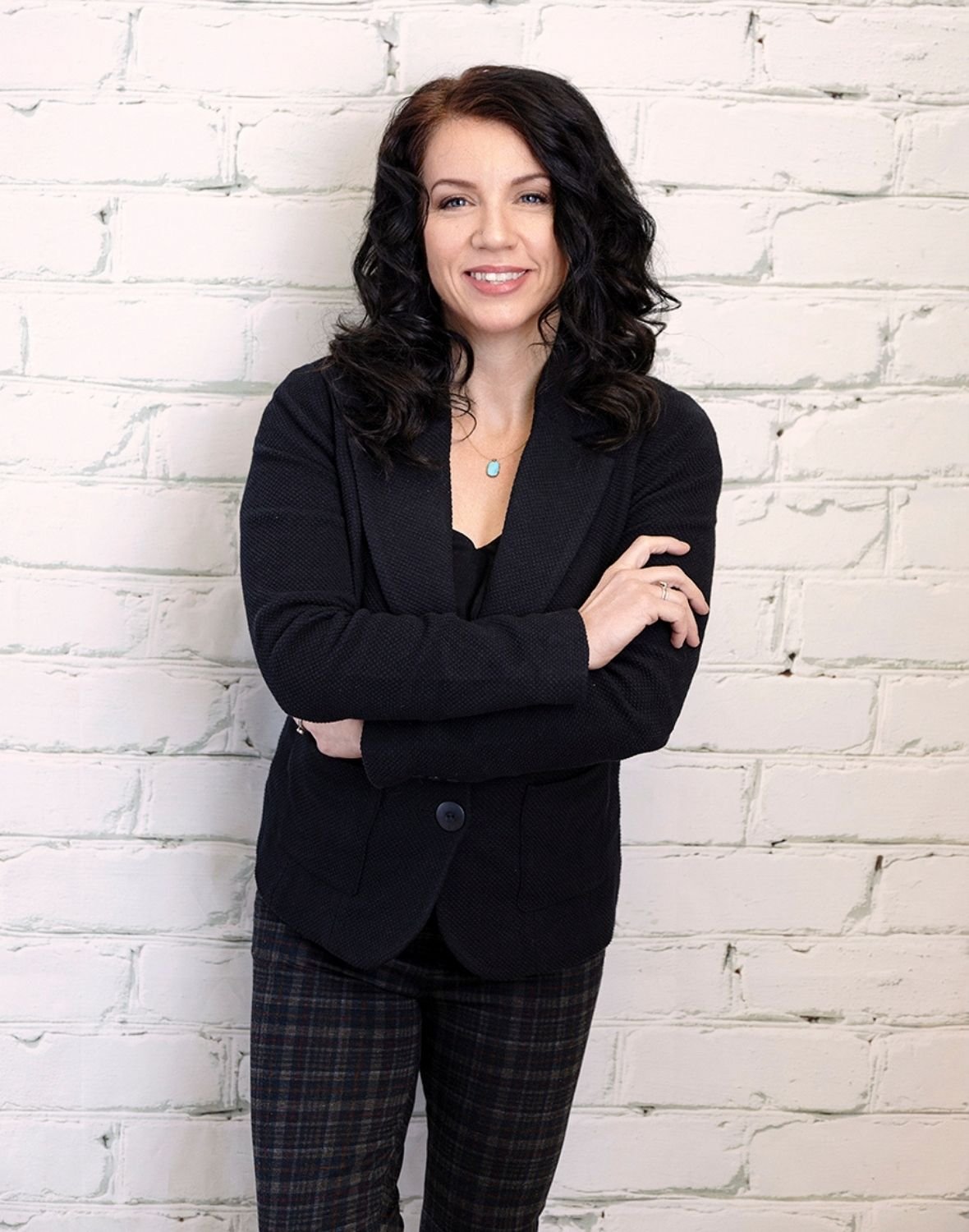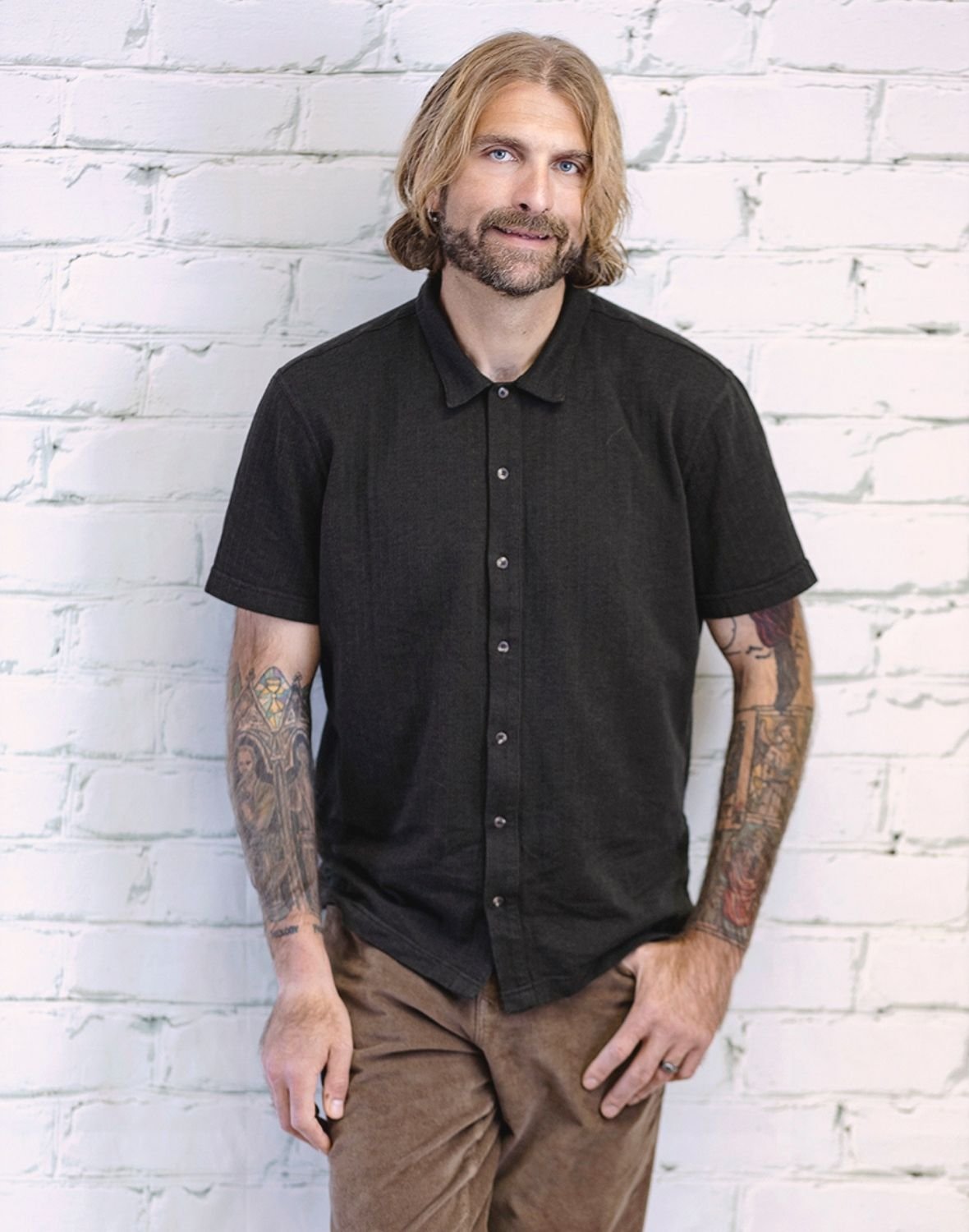The pro Love movement
We’re all born
members of the
pro love movement
Love has the power to transform the world—if we know how to use it
Love is a force for revolutionary social change. And it begins with you.
The Pro Love Movement happens one relationship at a time.
it begins with the small movements toward love that you can make in your ordinary, daily life.
It begins with you … and me … and all of us … and then stretches outward to heal the world.
The Philosophy
The theory behind the Pro Love Movement, which we have yet to see disproven, is this:
In every moment of every day, more love is always possible.
Love is the ultimate renewable resource.
The more we express love, the more love we experience. And the more love we have to give.
The Pro Love Movement is like a dance.
It has five steps.
And just like a dance, we move between the steps.
We don’t stay stuck at Step One because we haven’t got it right yet.
We keep going. We find our rhythm.
We get in our groove.
We move with the spirit of love.
The Steps
Step one: Loving yourself
While being able to love yourself may not seem intimately tied to the state of the world, from our perspective, healing the judgment, disconnection, and lack of empathy that pervades aspects of society (like our current political climate) actually begins with learning how to be kinder to ourselves, more compassionate, and more accepting of ourselves. When we learn how to relate to ourselves without self-criticism, shame and judgment, it’s easier to extend that same kindness to others.
When you commit to learning how to truly love yourself, and you recognize that no one else has the power to keep you from loving yourself, you’re free. Once you discover that you have your own connection to the source of love, that it’s within you and that loving yourself is never more than one step away from where you are right now, your life has already begun to change. Welcome to the Pro Love Movement.
Step two: Loving what’s easy
Each of us has some beings in our life who are easy to love. These beings can be other humans in our lives (tiny, medium, or large) and they can also be not human: pets and other animals, plants, a favorite chair, the smell of coffee or the feel of sunshine on your skin.
Babies and little ones sometimes fill this role nicely. Sometimes romantic partners or siblings or friends can be easy to love.
The point is to find what’s easy for you to love and to intentionally move toward that feeling of love, to savor it, to remind yourself that love can flow easily and naturally as an expression of yourself and who you are at your core.
Step three: Loving what’s near
The third step of the Pro Love Movement is to carry this overflow of love from Step Two with you throughout your day as you love what’s near.
Think of it like carrying a cup of coffee that’s filled to the brim—you’re just spilling some love onto those around you as you move through your day.
All of us have had moments when we’ve felt the grace of a stranger—someone who has brightened your day, let you feel seen, recognized, appreciated.
If we can remember how these kinds of interactions have lifted our mood, we can be intentional about giving back in these ways too. These brief moments can be like a ray of sunshine in someone’s day … coming at just the right time to remind them that difficult times pass and people do care. It’s a small gift of love in a concrete and meaningful way that can change the course of someone’s day.
As an added bonus, when you let your love freely spill over on to those around you, you’ll often find that your love is mirrored and returned.
Step four: Loving what’s close
The time you spend practicing and cultivating your ability to love what’s easy and to love those who are near, including strangers, can translate into being able to love more fully those you’re closest with.
And while we might imagine that these should be the people whom it’s easiest to love, of course, we know that those we’re closest with are the ones who sometimes challenge us the most when it comes to being generous in love.
It’s most accurate to say that it’s both far easier to love those we’re closest with … and far more difficult. The deep intimacy that’s possible in long-term relationships, which includes partners, close friends, siblings, and parents means that we often have a lot of occasions for hurt. This love can feel complicated, because the consequences matter so much more than passing interactions with strangers.
Step five: Loving what seems far from love
Steps One through Four are very much about practicing love in your every day life. With Step Five, we transition into love as a spiritual practice. Our model for the spiritual principle of love is Martin Luther King Jr.
Step Five means choosing to extend the spirit of love to those you find very difficult to love.
This might be politicians whose platforms and policies you deeply know to be wrong. It may be people in your workplace or community you experience as unkind, unloving, or hostile. Or former friends or lovers who’ve wounded you without ever recognizing or acknowledging their wrongdoing.
This isn’t an easy step, even for those who’ve practiced for a while. That’s why it’s the last step, because to some extent, it depends on you being really saturated with love.
When you learn how to love yourself in your own struggles, it becomes a little easier to recognize that those who express hate in the world are engaged in an inner war with themselves that they are enacting in the world at large. They’re in desperate need of love and compassion.
Both of us have practiced Step Five extensively and have found it to be immensely healing and freeing. Angela’s entry to love as a spiritual practice began several years ago, when she discovered that while it wasn’t initially possible to find love in her heart for a family member who’d hurt her severely as a child, it was possible for her to find love for this family member when she meditated on a photo of him as a child. Then she found that she was able to extend love and compassion with an open heart, that also felt sorrow for the pain and disconnection he’d experienced in life.
For Daniel, Fred Rogers’ description of love “as an active noun like ‘struggle’” gave him permission to lower the threshold for what it means to love. Love isn’t about getting it right, or being perfect or saint-like. It’s often a struggle—within ourselves—that relies first on the other steps in the Pro Love Movement.
When your daily environment is really loving, because you’re loving yourself, you’re loving where it’s easy to love, you’re loving those who are near you and close to you, you can eventually begin to wrestle with the challenge of loving those who are far from love.
“Darkness cannot drive out darkness, only light can do that. Hate cannot drive out hate, only love can do that.”
about us
We help those with painful childhood experiences to heal your relationship with yourself, deeply connect with others, and learn the skills for having fulfilling relationships.
We’re the creators of the Five Relationship Archetypes. We’re also the hosts of the Alchemy of Connection podcast and the creators of the Relationship Yes! Test.
We founded the Institute for Trauma Informed Relationships to provide certification and consultation to therapists and coaches in Trauma Informed Relationship Counseling for Individuals and Couples.
Angela Amias, LCSW
Fulfilling relationships are an essential part of living a good life and yet, many of us (perhaps even most of us) have core wounds from childhood experiences that affect our ability to have the kinds of intimate relationships in adulthood that we long to have. As a licensed therapist, I’ve worked with hundreds of individuals and couples to help them heal past trauma and create more meaningful, satisfying relationships with themselves and with intimate partners.
Alongside Daniel, I developed the Five Relationship Archetypes as a model that reflects the different ways that childhood relationship trauma impacts our adult relationships. This model takes into account our unique and inborn temperaments as well as the kinds of messages we internalize during childhood—about ourselves and how we need to be in order to have relationships with others. And, more importantly, it lays out a path toward healing, by first helping you reconnect with the parts of yourself that you lost along the way … parts that weren’t accepted or safe to express when you were growing up.
It’s my belief that difficult experiences break us open to become more of who we are meant to be. As a trauma survivor myself, and as a therapist, I’ve made it my mission to walk alongside others as you find your path toward healing and discovering a life of more meaning and joy.
I’ve been a featured relationship expert in many publications, including Today, Oprah, Cosmopolitan, Well + Good, The Independent, Salon, Inc., Forbes, Toronto Sun, Women’s Health, Refinery29, and many others.
You can read my full bio HERE.
Daniel Boscaljon, PHD
The most important relationship you’ll ever have is the one you have with yourself. It’s also true that your connections with others can never be better than your relationship with yourself, which is why healing painful or traumatic experiences from childhood is such a vital part of having meaningful, satisfying relationships in adulthood.
My own personal search for how to cultivate a meaningful life came after years of feeling disconnected from others and from myself. Though I entered graduate school focused on the intellectual aspects of earning a PhD in Religious Studies (and then another one in English), I discovered along the way how to use what I learned to repair the inner fractures of my own life. As I reconnected with myself, I found that I was better able to connect with others as well.
As an award-winning teacher with over twenty year of experience working with individuals and couples, my mission is to translate theories of love into practical guidance that helps you create meaningful, fulfilling relationships. I’ve presented internationally on the topics of love and intimacy.
As a relationship expert, I’ve been featured in many publications, including NBC News, Newsweek, Harper’s Bazaar, MindBodyGreen, Forbes, Salon, Fast Company, Business Insider, Fatherly, and AskMen.



























